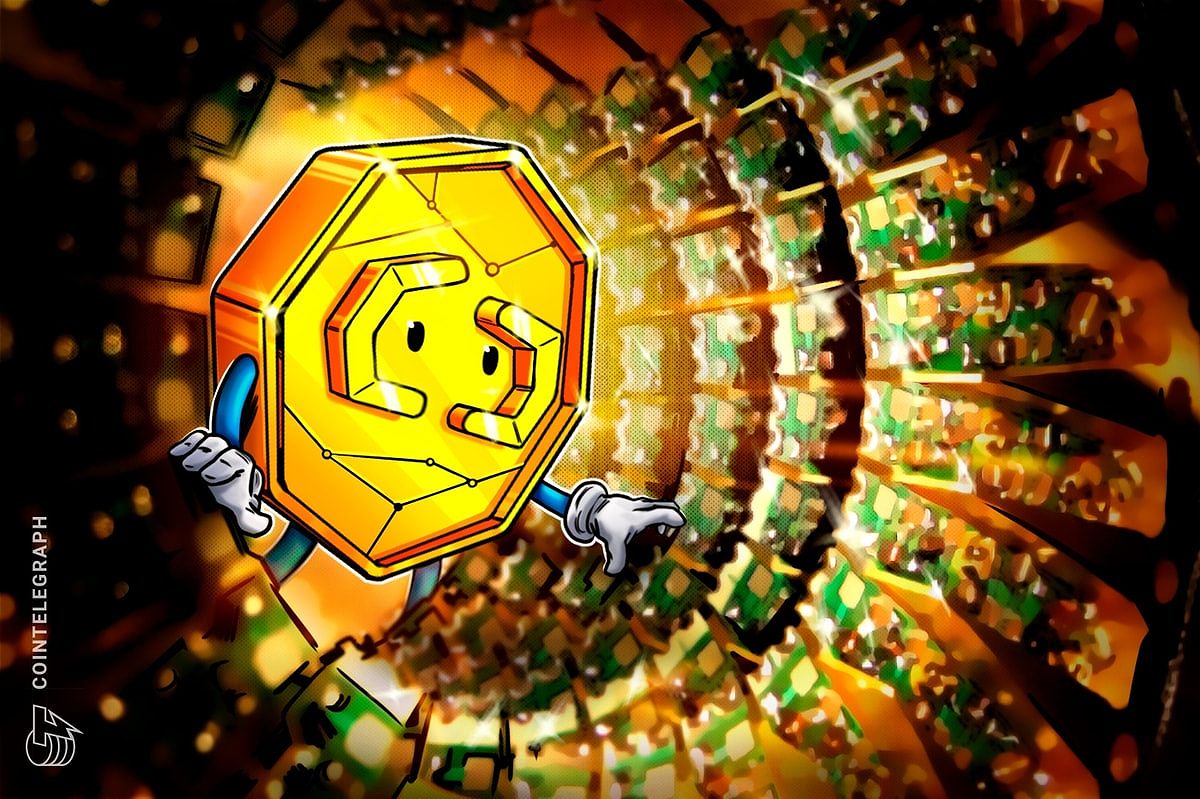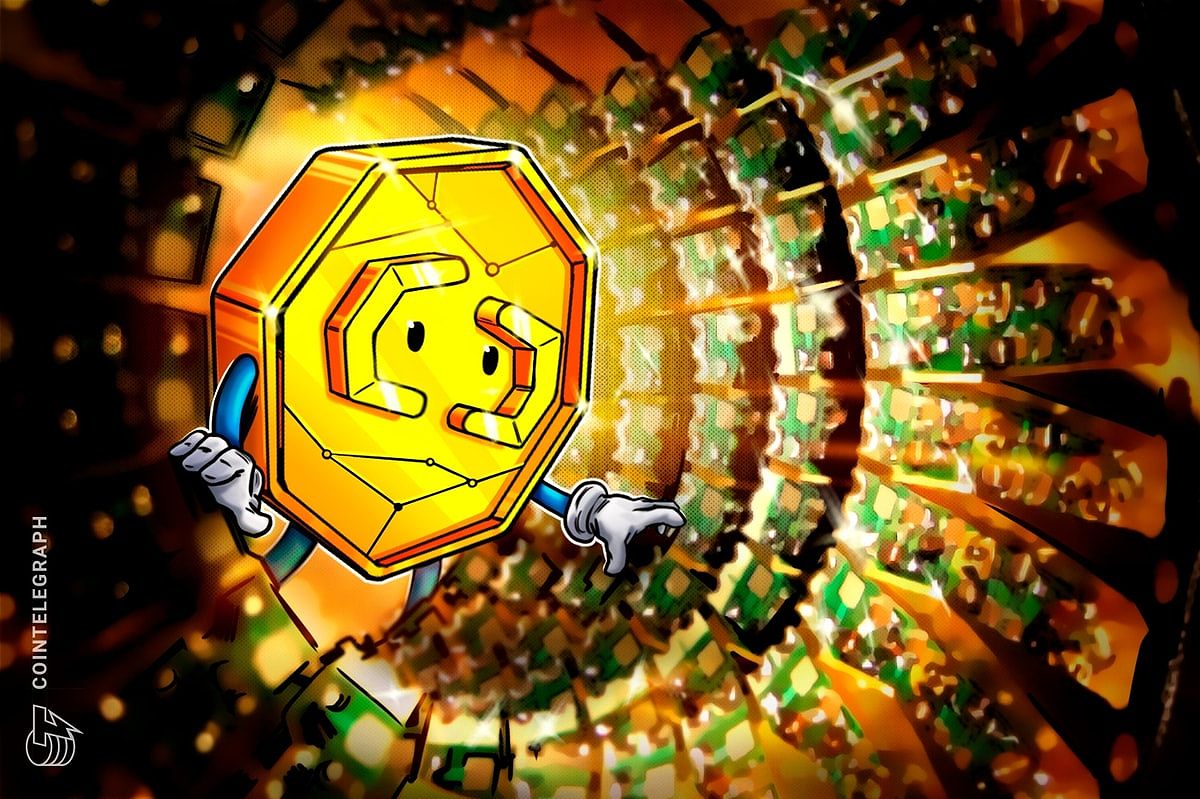As the digital landscape evolves, the specter of quantum computing looms large over the realm of cryptocurrencies. This article delves into the implications of quantum advancements for the crypto sector, scrutinizing the vulnerabilities they introduce while also examining the nascent solutions that are beginning to surface.
The Quantum Challenge to Cryptography
Quantum computers, with their unparalleled computational prowess, present a formidable challenge to traditional cryptographic systems that have long been the bedrock of cryptocurrency security. Central to this concern is Shor’s algorithm, a quantum computing breakthrough that enables the efficient factoring of large integers. This capability threatens to dismantle the very foundations of public-key cryptography—specifically RSA and Elliptic Curve Cryptography (ECC)—which are vital for safeguarding digital signatures and facilitating secure key exchanges. Should quantum machines achieve sufficient power, the consequences could be dire: they might easily decipher the private keys that protect crypto wallets, leading to a potential gold rush for cybercriminals.
Entering the Era of Post-Quantum Cryptography

In response to the quantum onslaught, the field of post-quantum cryptography (PQC) is gaining momentum. This innovative wave of cryptographic algorithms is engineered to withstand the assault from quantum adversaries. Unlike their classical counterparts, these algorithms hinge on complex mathematical problems that are believed to resist both classical and quantum computational methods. Notable examples include:
- Lattice-based cryptography: By exploiting the intricacies of mathematical lattices, this approach crafts robust cryptographic frameworks.
- Code-based cryptography: Utilizing error-correcting codes, this method ensures that secure communication remains intact even in the face of quantum threats.
- Multivariate cryptography: This strategy is rooted in the challenge of solving systems of multivariate polynomial equations, presenting a significant hurdle for potential attackers.
The Crypto Sector’s Proactive Stance Against Quantum Risks
The crypto industry is not idly watching the quantum threat unfold; rather, it is actively mobilizing to fortify its defenses. Ongoing research and development efforts are pivotal in refining PQC algorithms, while standardization initiatives are essential for ensuring that these new methods can be seamlessly integrated across various platforms. Institutions like the National Institute of Standards and Technology (NIST) and the Internet Security Research Group (ISRG) are at the forefront of this standardization movement, striving to establish a common framework for PQC algorithms. Numerous cryptocurrency projects and organizations are also exploring these quantum-resistant solutions, demonstrating a collective commitment to enhancing security in an uncertain future.
Rethinking the Future of Crypto Security in a Quantum World
The emergence of quantum computing is not merely a technical challenge; it heralds a seismic shift in the paradigm of crypto security. The industry must adapt, embracing PQC solutions not just as a temporary fix, but as a foundational element of its long-term strategy. The landscape of cryptographic practices may soon give rise to entirely new paradigms that harness the unique attributes of quantum mechanics. However, one must exercise caution; complacency in the face of such profound change could prove disastrous. Continuous investment in research and development is essential to stay ahead of evolving threats.
Conclusion
The reality of quantum computing’s threat to cryptocurrency security is both pressing and profound. The crypto industry must not only acknowledge this challenge but also actively engage with post-quantum cryptography as a critical component of its security framework. Embracing quantum-resistant solutions is not merely a strategic choice; it is an imperative for the sustainability of digital assets in an age where quantum capabilities are on the horizon. The future of crypto security hinges on a commitment to innovation and resilience in the face of disruptive change.

